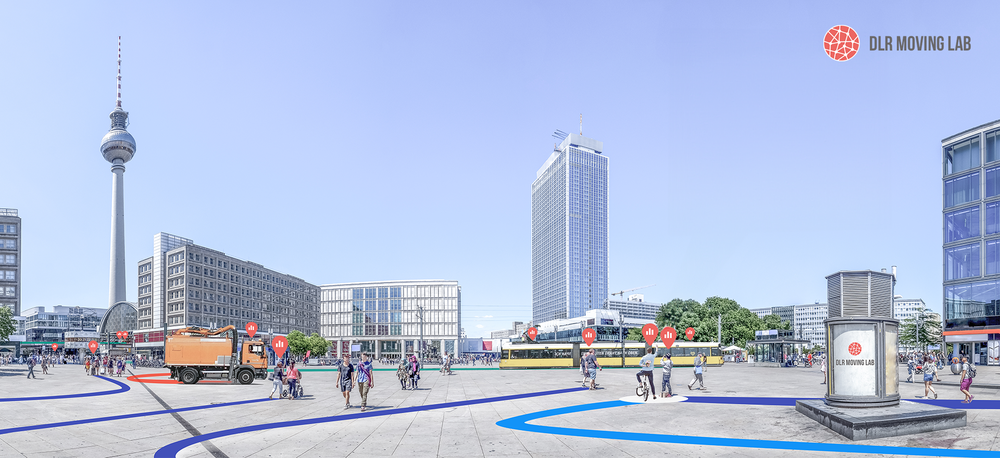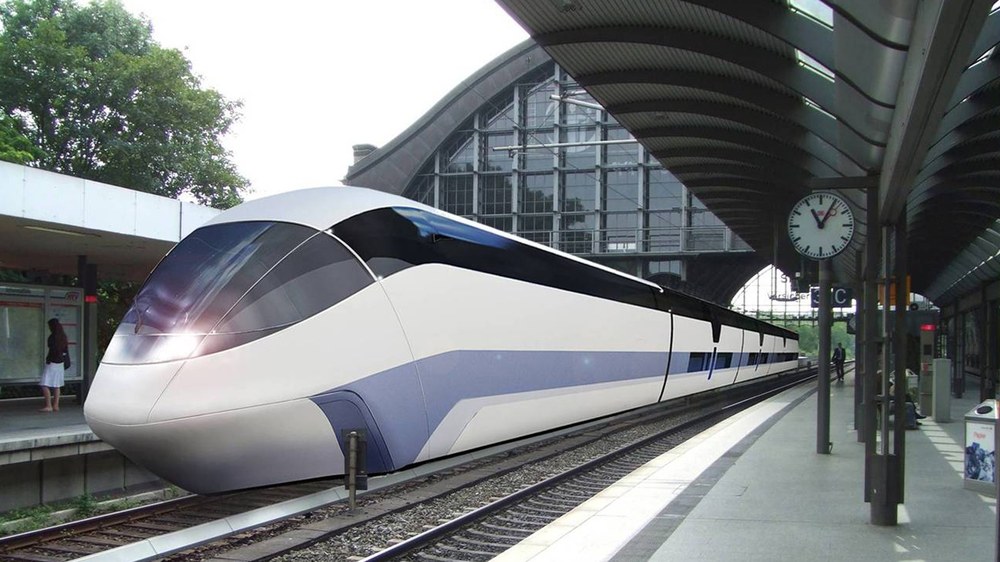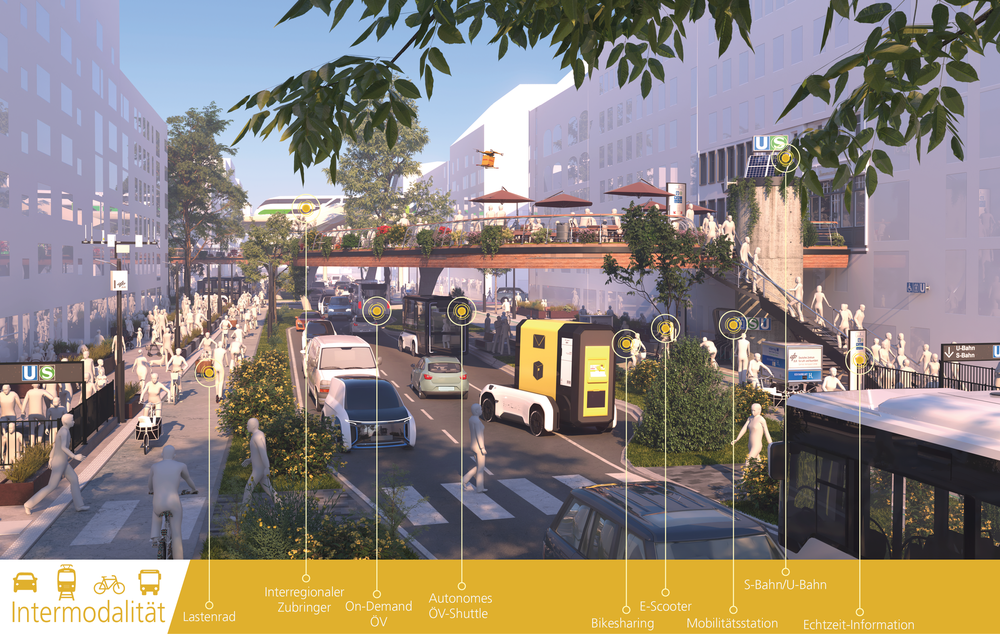Our transport research strategy and programme

Mobility is of utmost importance for Germany as a business location and provides an essential foundation for society. At the heart of our transport research is the identification, development and testing of solutions that meet the demands of an increasingly mobile society and economy.
Challenges
How will we get from A to B in the future? How can we achieve mobility without accidents, traffic jams, delays and detours? What must the transport system and mobility of the future look like to support industrial growth? And how can our mobility be made resilient and ensure participation for all? Our goal is to provide policymakers and society with independent, scientifically sound analysis of how transport will change in the future, how these changes can be evaluated and which instruments will achieve the greatest effect – for example, in terms of climate protection. At the same time, we aim to develop technological solutions for a mobile society and a globally active economy. Our solutions are designed to make road, rail and water transport resilient, safe, affordable and climate-compatible.
Goals of our transport research
Fewer accidents, delays and detours, and less congestion and environmental pollution – these are the overarching goals of our research. Our focus is on the transformation of mobility, strengthening both society and Germany's position as a prime business location. To this end, we develop methods and technologies that can be transferred to the automotive and mobility industries. Safety and inclusivity for all also play a major role in this transformation, as does addressing the challenges of emissions and environmental impacts from transport. To achieve these goals, we also develop methodologies and tools for stakeholders in politics and society.
With our broad expertise in aeronautics, space, energy and security, our interdisciplinary research approach and our real-world test infrastructures – such as test fields, research vehicles and simulators – we are able to provide outstanding solutions for the successful transformation of mobility.
We are well connected internationally and maintain long-standing relationships with institutions such as Université Gustave Eiffel in France, the National Research Council (NRC) in Canada and the Railway Technical Research Institute (RTRI) in Japan. We foster holistic research into mobility for the future by maintaining jointly operated research infrastructures and close exchange with German organisations such as the Federal Maritime and Hydrographic Agency (BSH), the Federal Highway and Transport Research Institute (BASt) or Autobahn GmbH, as well as with colleges, universities and other research institutions. We work closely with business and industry to strengthen the transfer of research results, including through joint initiatives and collaborative projects with vehicle manufacturers and suppliers for road, rail and shipping transport. We attach particular importance to dialogue with the users of our research results – local authorities and ministries at federal, state and EU levels – for targeted knowledge exchange with decision-makers, ensuring that research programmes are optimally coordinated with policy.
Our transport research covers the following overarching topics:
Digital tools for change monitoring

The transformation of mobility is a process of change that is being shaped with the help of digital tools. These tools allow us to observe, predict, evaluate and influence the effects of policies. Without this understanding of how transformation progresses, change becomes difficult to control and potentially error-prone. We therefore use these tools to digitally map the transformation process as it develops, also providing artificial intelligence methods to identify necessary tools and technological solutions for road, rail and maritime transport, as well as for intermodal transport and the coupling of the energy and transport sectors.
Smarter and safer road transport

Road transport remains the most important mode of transport in Germany – and so it is responsible for a large proportion of transport emissions. As such it is important to provide the automotive and mobility industries with cutting-edge technologies and methods that can significantly and holistically reduce energy and resource consumption as well as emissions per vehicle, while simultaneously increasing road safety through distributed and self-learning vehicle and infrastructure components.
Reliable and flexible rail transport

The implementation of new vehicle concepts requires a rethink of propulsion systems and the lightweight construction and operation of rail vehicles and infrastructure components over their entire service life. Implementation is made more difficult by temporary restrictions in rail operations caused by the increasing shortage of skilled workers, system overloading or maintenance deficiencies. We are therefore pushing forward research into automated rail transport, resilient and digitalised rail operations, and the holistic design of new components and systems. As rail transport is comparatively low in emissions and energy-efficient, a shift in traffic from road to rail would help Germany meet climate protection targets in transport.
Highly automated and efficient shipping

Waterways are among the most important modes of transport for global and intercontinental trade. Ports are vibrant hubs in intermodal transport chains, and national waterways are the only mode of transport with sufficient capacity to sustainably relieve other modes of transport. However, the shift to shipping can only succeed if transport by water can be reliably implemented. Our research focuses on topics such as digital waterways and intelligent traffic management with assisted and automated navigation.
Intermodal transport

Most transport is intermodal: people and goods often need more than one mode of transport to reach their destinations. The advantages of well-planned intermodal transport are clear – emissions are reduced when people or goods share a mode of transport rather than travel the same route in separate vehicles. One factor working against intermodal transport is that it creates breaks in a journey – an inconvenience which discourages its uptake. To address this, we provide methods using artificial intelligence to develop vehicle concepts in line with requirements and offer services in line with demand.
